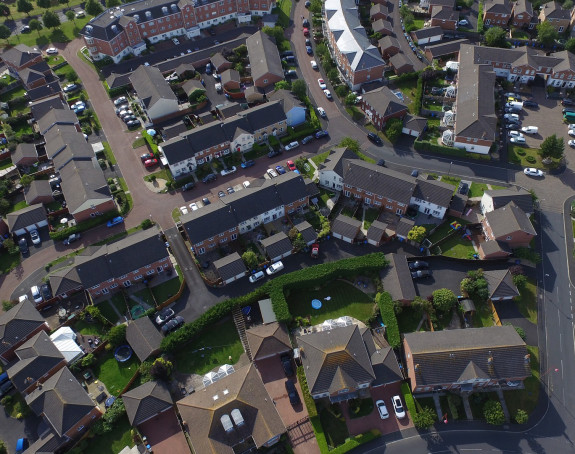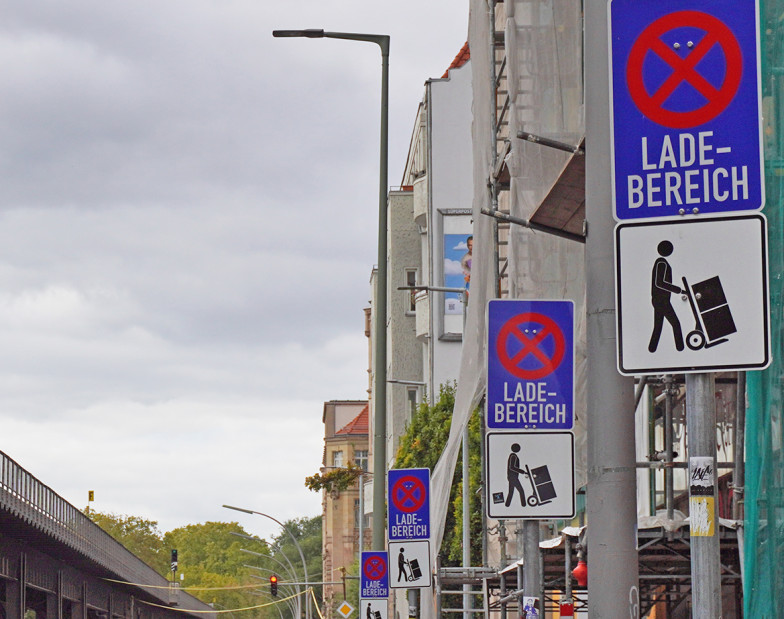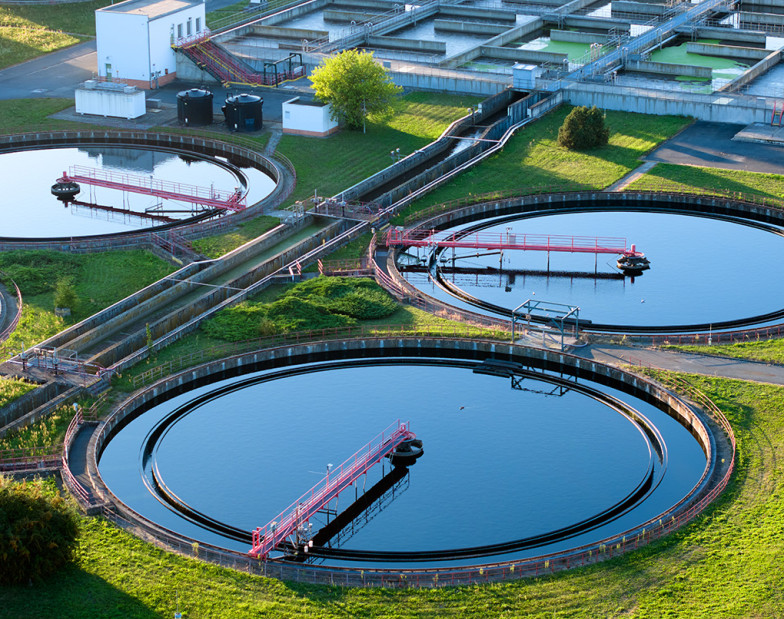
Implementierung von Flächensparinstrumenten
Im Forschungsvorhaben „Implementierung von Flächensparinstrumenten“ bearbeitete das Difu im Auftrag des Umweltbundesamtes zwei Projektbausteine: Zum einen wurde eine Informations- und Kommunikationsplattform (www.aktion-flaeche.de) für das Flächensparen mit zahlreichen Inhaltsbausteinen und einem Newsletter entwickelt und in der Fachöffentlichkeit bekannt gemacht (2015 bis 2019). Dieses erfolgte auf Basis eines im Auftrag des UBA prototypisch entwickelten Informationsportals zum kommunalen Flächenmanagement.
Zum anderen wurden in Form von Planspielen ausgewählte Instrumente zur Steuerung der Flächeninanspruchnahme in Bezug auf ihre Anwendbarkeit und Praxistauglichkeit untersucht (2015 bis 2018).
Die Ergebnisse zeigen Bund, Ländern, Regionen und Gemeinden fachliche und politische Perspektiven für eine zügige Implementierung der untersuchten Instrumente auf. Betrachtet wurden sowohl bestehende als auch neue Instrumente der räumlichen Planung, der interkommunalen Kooperation, fiskalische Instrumente und Vorgehensweisen für eine Kontingentierung der Flächenneuinanspruchnahme. Das Vorhaben ist eng an den flächenpolitischen Zielen des Bundes ausgerichtet, wonach die Inanspruchnahme neuer Flächen für Siedlung und Verkehr bis zum Jahr 2020 auf 30 Hektar pro Tag reduziert werden sowie die Innentwicklung in den Kommunen deutlichen Vorrang erhalten soll.
Implementing Land Take Reduction Instruments
The Implementing Land Take Reduction Instruments research project which the German Institute of Urban Affairs (Difu) is carrying out on behalf of the Federal Environment Agency and in cooperation with Raum & Energie Institut für Planung, Kommunikation und Prozessmanagement GmbH in the period 2015 to 2017 has two key project components: First, new information and communication resources for reducing land take will be tested in practice. An information portal on local government land use management which was previously developed on behalf of the Federal Environment Agency is being tested and evaluated as regards its functionality, effectiveness, usability and value added for local government stakeholders. Second, select land take management instruments will be investigated against the backdrop of local government planning activities in regard to their applicability and practical feasibility in the context of practical tests and simulations. The results are to be used to point out to the federal government, the federal states, regions and municipalities the technical and political possibilities for rapidly implementing the instruments which were analysed. Both existing and new instruments for spatial planning and cooperation between local governments, fiscal instruments and new land use allocation methodologies will be examined. The project is cooperating closely with a federal-level project tasked with elaborating an action plan for reducing land take which is to be reinforced at local government level so that it can be incorporated into regional and local government administrative action on as large a scale as possible across Germany. The project is closely aligned to the federal government’s land policy, based on which the amount of land take for settlement areas and traffic is to be reduced to 30 hectares per day by 2020 and top priority is to be given to brownfield development in local governments.


